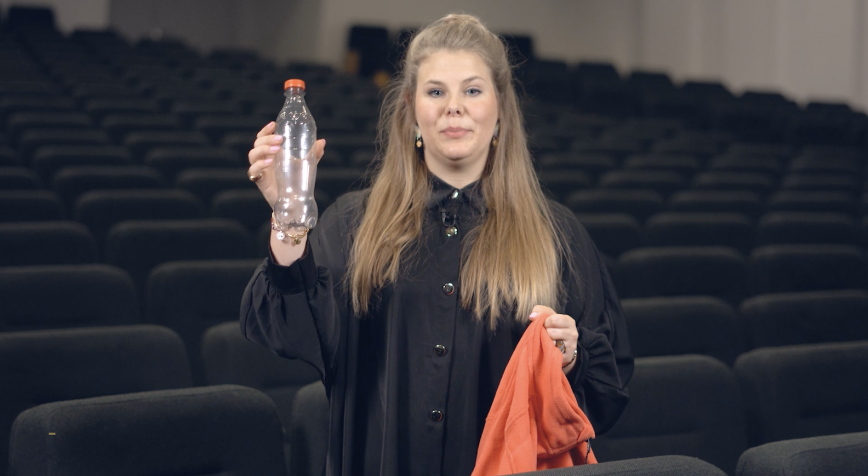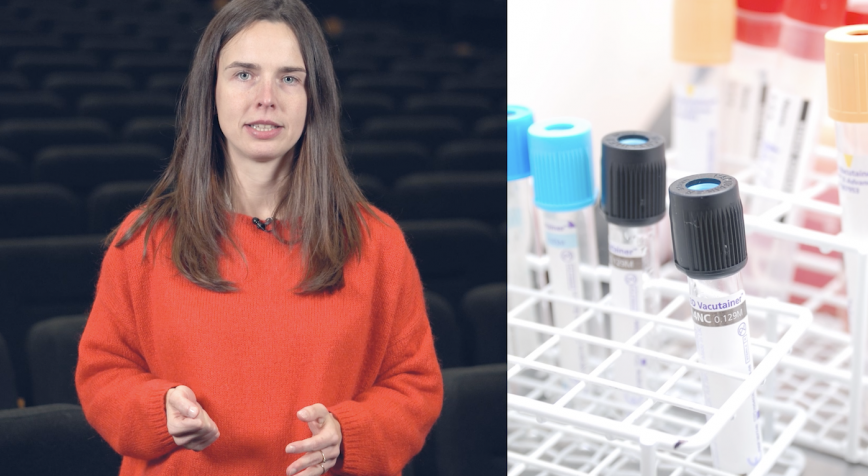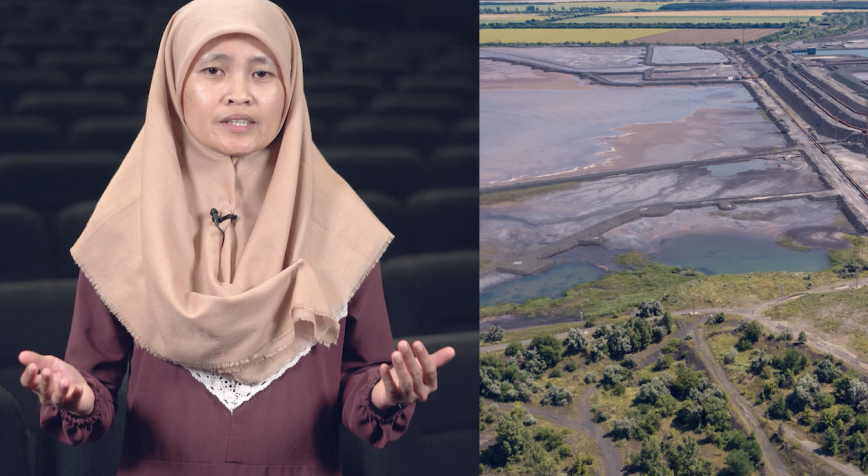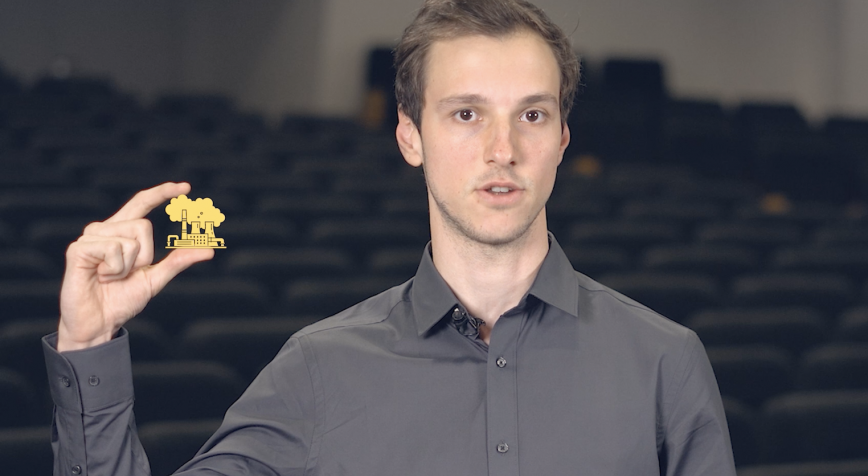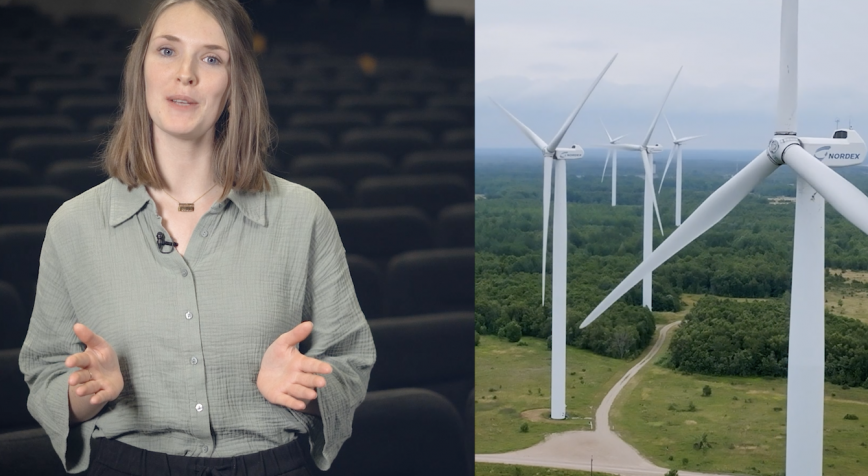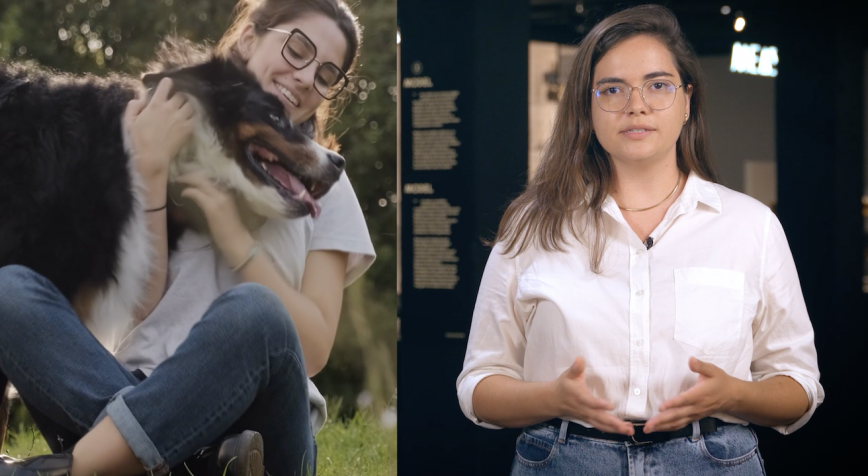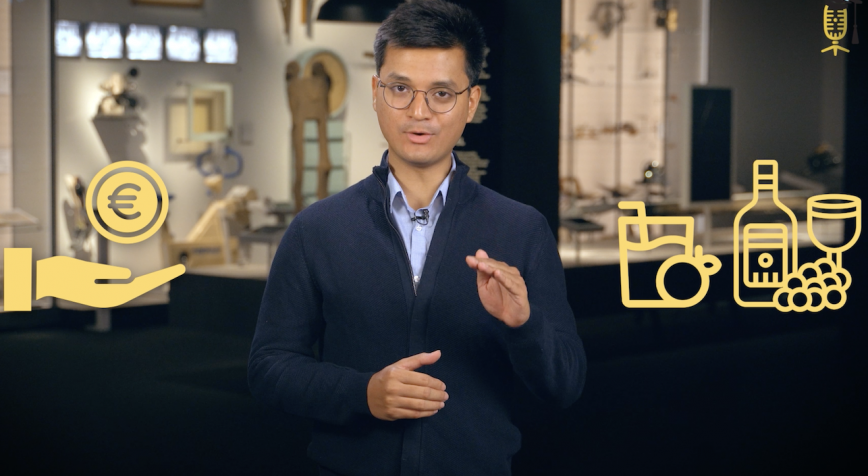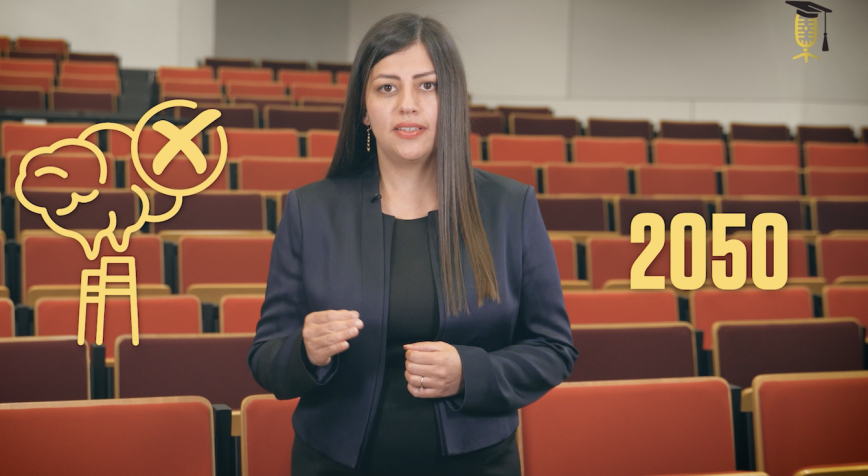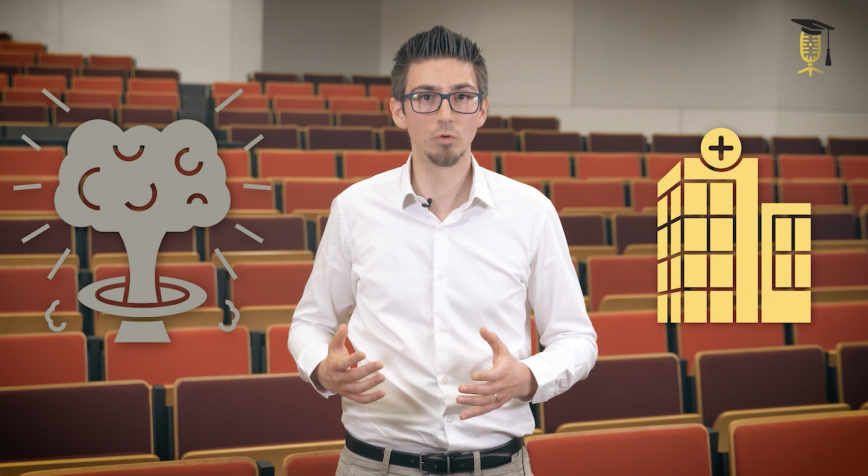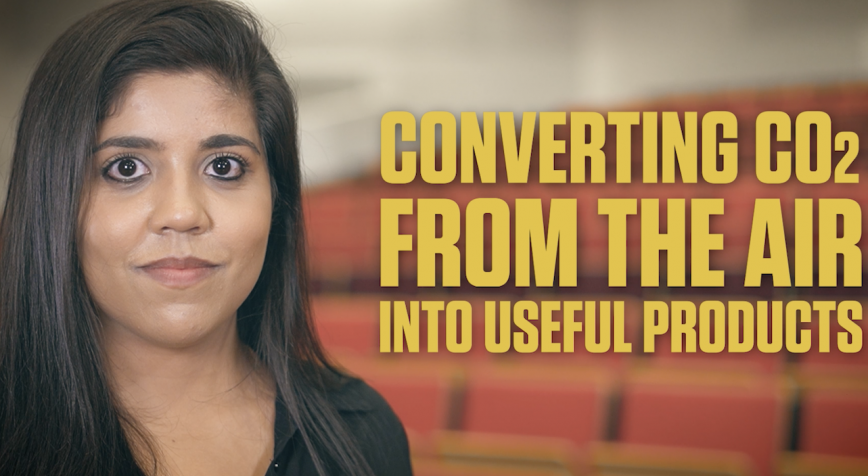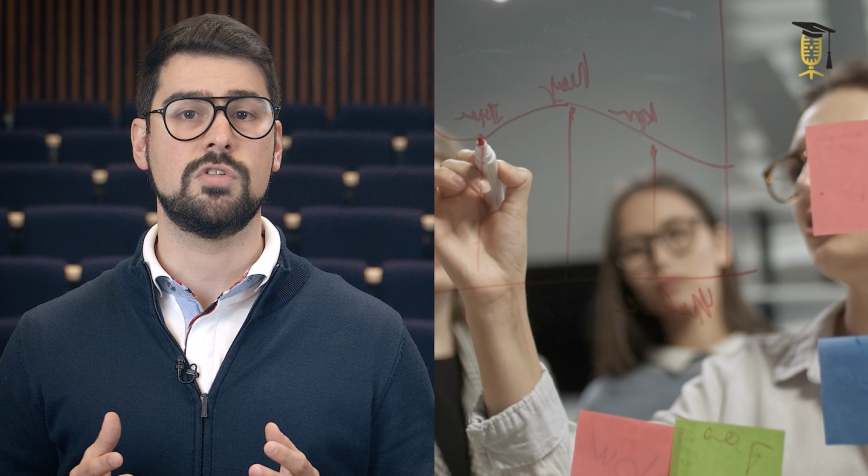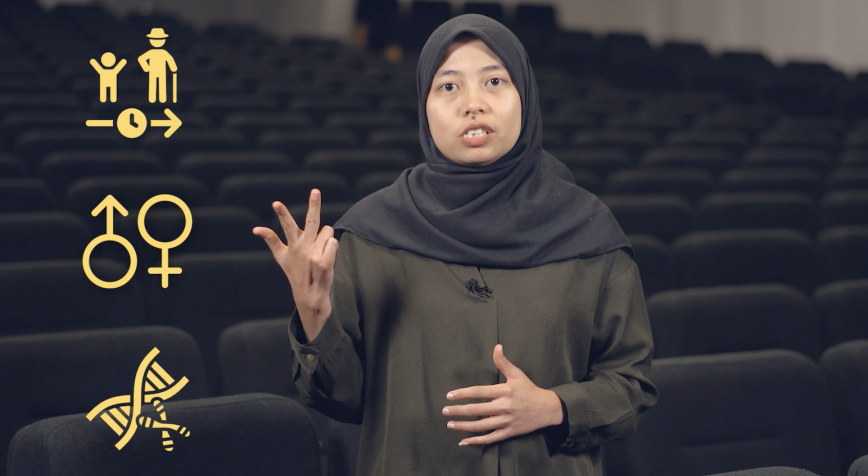
UHasselt
VITO
From a general to a personalised diagnosis
Should you be worried if, for instance, your cholesterol level is above the normal value? Not necessarily. As Murih Pusparum (VITO - UHasselt) argues: test results are often compared to a standard range of normal values, while every person might have his or her own range depending on age, gender, and genetic or biological traits. That's why she is working on more personalised diagnosis.
